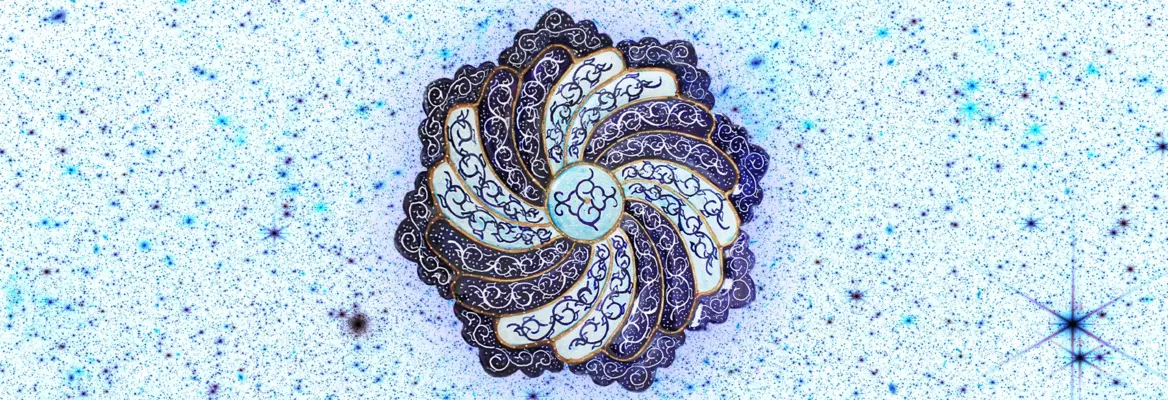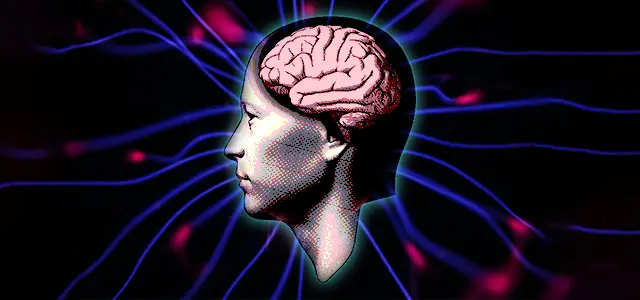Mystical experiences and anything to do with spirituality seem to clash with our science-obsessed age. At the HowTheLightGetsIn festival this September, psychologist John Vervaeke, philosopher Sophie-Grace Chappell, and sceptic Michael Shermer debated the role of spiritual experience in our lives, whether it really points to something beyond the everyday material world, or if it's mere hallucination. If we are to be true empiricists, as science demands of us, we need to take mystical experiences seriously, argues Ricky Williamson.
We are not transparent to ourselves. And the world is not transparent to us. Beyond our consciousness lies the unconscious – we only perceive parts of ourselves, not our whole self; much lies hidden. You are not conscious of the digestion processes taking place in your gut, or your blood circulating around your arteries, and when you raise your hand, you don’t consciously contract your muscles, the body does these things without the conscious ‘you’ playing much of a role. Imagine trying to think your way through raising your hand – I’ll contract my bicep this much, I’ll create this much increased blood flow here; these are thoughts no one has, as thankfully, the unconscious takes care of them for us.
And the world is not transparent to us either. The idea that I see the tree as the tree is independent of my seeing of it, is an idea that should have died centuries ago, yet still lies at the heart of much scientific and cultural thought. There is no reason an evolved ape would be able to see reality as it really is. We live in a representation of the world which allows us to survive within it, not within the world as it is in itself, as Kant would say. We know that we don’t see in certain light wavelengths or hear certain pitches, there are countless other things we are not made to be aware of. We do not know reality - Kant, Gödel, Donald Hoffman, and several others have made this clear.
___
This is where spirituality lies. On the border between what we know – or what we think we know – and what we don’t. As well as on the border between the conscious and the unconscious.
___
So, we don’t know our whole selves because of the existence of the unconscious, and we don’t know reality in itself either. We are both blind and lost. We really need more epistemic humility. (And to be self-reflective, even these claims should be held loosely. It is within the realms of possibility that the world is exactly as it appears to us! The fact of any intelligibility is indeed a mystery. Perhaps naive realism is true! – though if it is, it remains impossible to prove.)
This is where spirituality lies. On the border between what we know – or what we think we know – and what we don’t. As well as on the border between the conscious and the unconscious. If knowledge is a bonfire amidst the darkness of ignorance, then spirituality lies in that place where the light of the flames is weak, and we must strain our eyes; trying to see into that darkness.






















Join the conversation